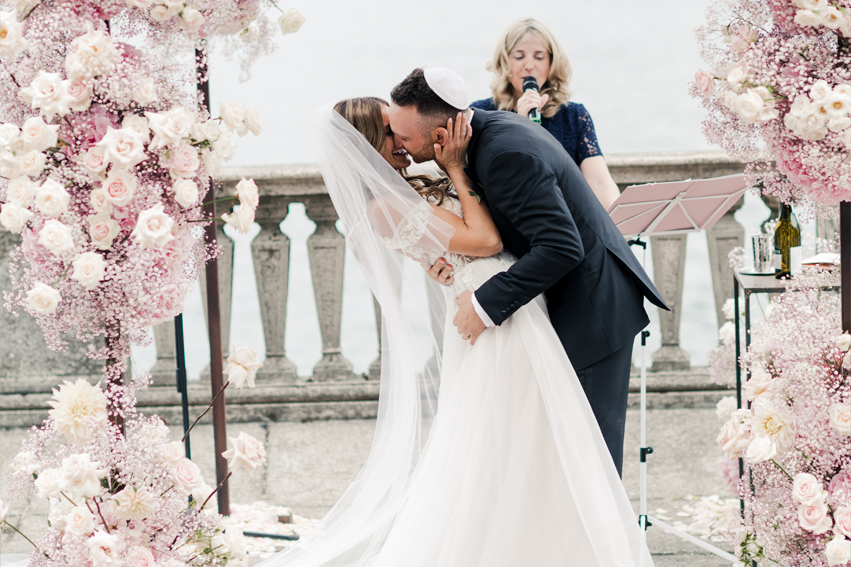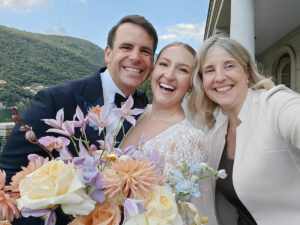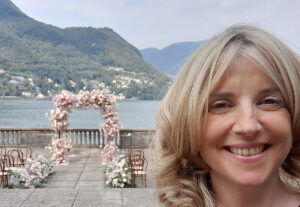Our lives are made up of emotions; they are what give color and warmth to our days and make our existence so rich in meaning.
When we then talk about love and all the feelings and emotions related to it, well, everything takes on a different flavor, very sweet, sometimes bittersweet, however all-encompassing and unique.
But what is an emotion?
The answer to this question is found not only in an individual’s biology and personal history, but it is also intertwined with the expectations and guiding ideas of the time in which we live, the place where we are born and grow up, and the culture in which we are immersed.
Strong and often negatively connoted emotions such as anger, hatred, and desire may seem to originate from the part of us that is more savage and closer to the animal kingdom.
But is this really the case?
François de La Rochefoucauld, a seventeenth-century French nobleman, argued that even our most urgent impulses can arise from the need to comply with external conventions, fashions, politics, our religious beliefs, our moral judgments, and the economy of the historical moment in which we happen to live.
And what about love, this emotion that always manages to overwhelm every barrier and obstacle that stands in its way?
The historical period changes, the geographical scenery changes, and yet, as the Latin poet Publius Virgilius Maron said, “Omnia vincit Amor” (literally “Love conquers all”) and how can one disagree?
From Paolo and Francesca, the lovers overwhelmed by love and the passion of an illicit love, immortalized in Dante Alighieri’s “The Divine Comedy,” to Romeo and Juliet, perhaps the most famous lovers of all time and the protagonists of a sad ending, as William Shakespeare tells us in the tragedy of the same name, the emotions of love are those that mark our lives the most and are celebrated by artists, poets and writers.
By ‘the emotion of love’ we can mean a wide variety of feelings. The ancient Greeks, for example, had identified four primary forms of love: that reserved for relatives and one’s own family members (Storge), friendship (Philia), erotic desire, passion, but also romantic love (Eros) and finally the more purely spiritual love (Agape).
In modern times, other varieties of romantic love have been articulated, encompassing different emotions of love.
And so we turn our thoughts to love, and it is truly love that we wish to celebrate: a mixture of romance, that deep longing that leads us to the desire to communicate and connect intimately with another person, combined with passion, respect, and the joy of living new experiences together while making an important life journey together.
In the ceremonies that I celebrate, whether wedding ceremonies (symbolic or also civil rite), the renewal of vows or civil unions, which I like to call “rainbow weddings,” at the center of the entire ceremony is love. Love, articulated in every possible way, because, as a beautiful Antonello Venditti album said “If love is love”, well, if love is love, it goes beyond every mental and physical barrier, it overrides every wall of hostility and intolerance to take flight to a sky of freedom, where every color finds the right and perfect space to express itself in all its beauty and uniqueness.
The heart of my ceremonies is precisely this: the unique and unrepeatable story of those who love each other and who turn to me, as a lay-humanist celebrant, to honor and celebrate this love, with precious words, gestures and thoughts that speak to this emotion of love that becomes a story of real, lived life.
A story like this must also be told, and it is in this storytelling that the figure of the celebrant comes into the picture; beyond any religious belief or dogma, beyond any mental barrier or social prejudice, a lay ceremony offers the opportunity to celebrate the emotion of love and the feeling of love in the most honest and profound way, by telling the life and love story of the people experiencing this love, who wish to share it with the people they care most about..
Virgil was quite right: “Omnia vincit Amor et nos cedamus amori”: love conquers all things, so we too shall yield to love.
And how can we not agree with the great Latin poet?




